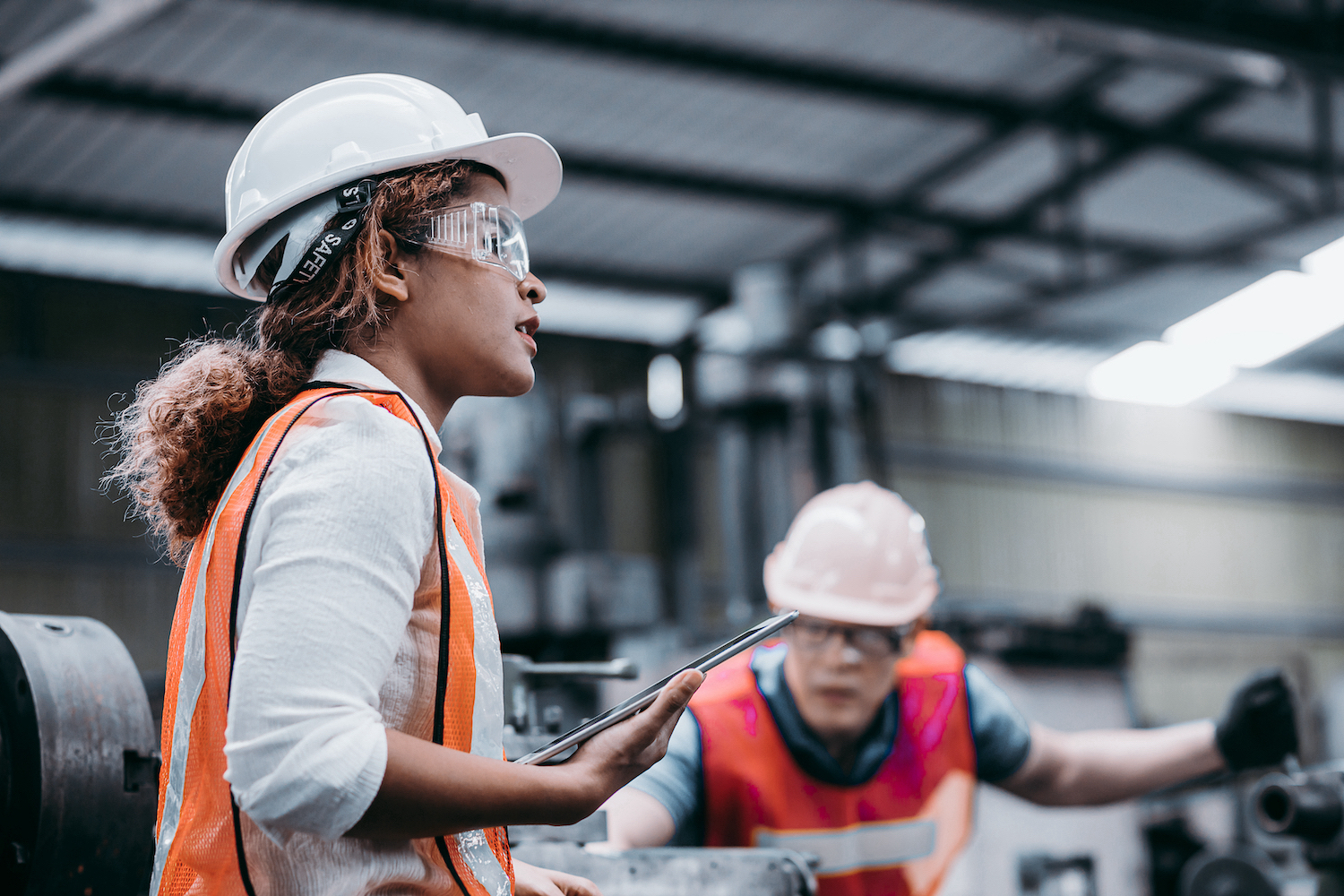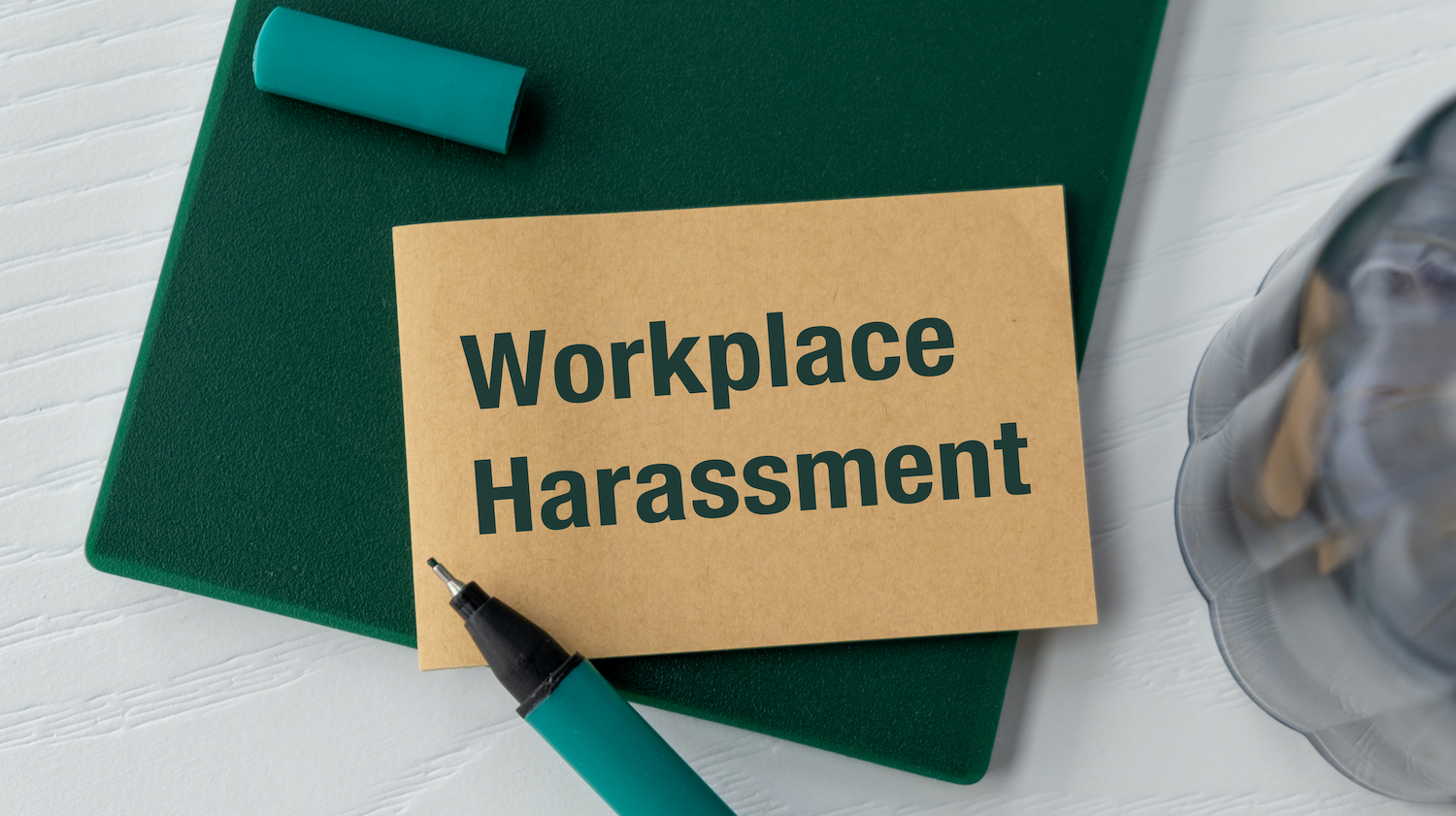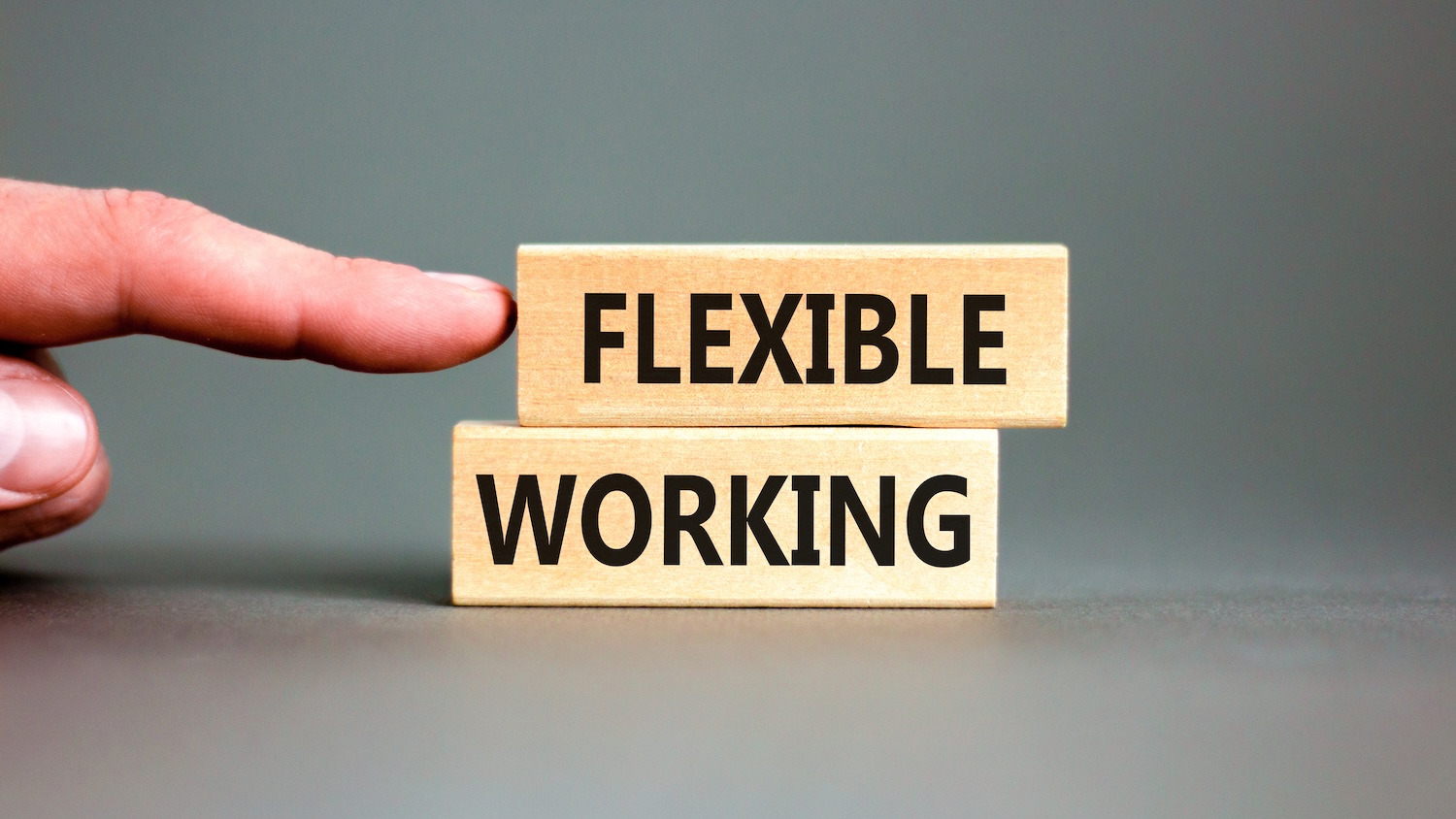
Women in construction: paving an equitable path
To mark International Women’s Day, Womble Bond Dickinson legal director Michelle Essen and managing associates Sarah Wales-Canning and Amy Hodge discuss what this year’s theme of equity means for the construction industry
We’re used to talking about gender equality in the workplace – but the focus should be on equity, as this year’s International Women’s Day theme suggests.
Achieving equity may seem like a difficult task for businesses without a diverse workforce – how can you know what is needed without asking the people who need it? However, with diversity and awareness of it increasing in the construction sector, the small steps that have been taken already look set to become giant leaps.
So how do we continue to increase the number of women in construction through equity? We have listed some thoughts below and – while we acknowledge that some of these points may not apply solely to women, or be relevant to all women – we hope they will help businesses to think more widely about what their people need to feel safe, supported and valued at work.

At WBD, we have recently introduced short-term paid leave for "emergency situations", which could include being called away without notice to pick up a poorly child from nursery
Flexible working policies
Until recently, flexible working on site has not been easily available in the industry. However, the pandemic forced us to take more creative approaches to working.
Timewise’s pilot into flexible working with a number of leading construction companies has highlighted the benefits of flexible working, including improved efficiency and morale.
These changes will benefit a range of workers, but for women who may be the main care givers for children and other (including older) family members, flexible working could help them balance the demands of their careers with those of their families.
Employers should consider how they encourage and hold conversations around flexible and hybrid working, returning to work, and parental and unpaid leave.
At Womble Bond Dickinson (WBD), we have recently introduced short-term paid leave for “emergency situations", which could include being called away without notice to pick up a poorly child from nursery.
A supportive working environment
It takes time to increase the number of women on site, so in the meantime, employers could consider how they can create a more inclusive environment for women.
This could include providing unconscious bias training, appropriate policies, mentoring, allies throughout the business (not just women) and encouraging more women into leadership roles.
These steps also have a wider impact on how employees interact with others, such as other businesses and the public.
Be inquisitive
It is important to question why things are as they are. You could ask women in your business what they think, in a safe confidential space, and consider creating an anonymous suggestion box. You could set up an internal network and encourage employees to get involved in wider industry networks.
We can all also learn from what others in the industry are doing, as well as looking at what can be adapted from other industries.
WBD is proud to promote a diverse and inclusive workplace. We support our women through our Diversity and Inclusion group, WBD Thrive – a group dedicated to enabling all women to achieve their ambitions at WBD – and our menopause champions, as well as through a number of other networks and firm-wide initiatives.
Michelle Essen is legal director at WBD.
Sarah Wales-Canning is a managing associate at WBD.
Amy Hodge is a managing associate at WBD.






